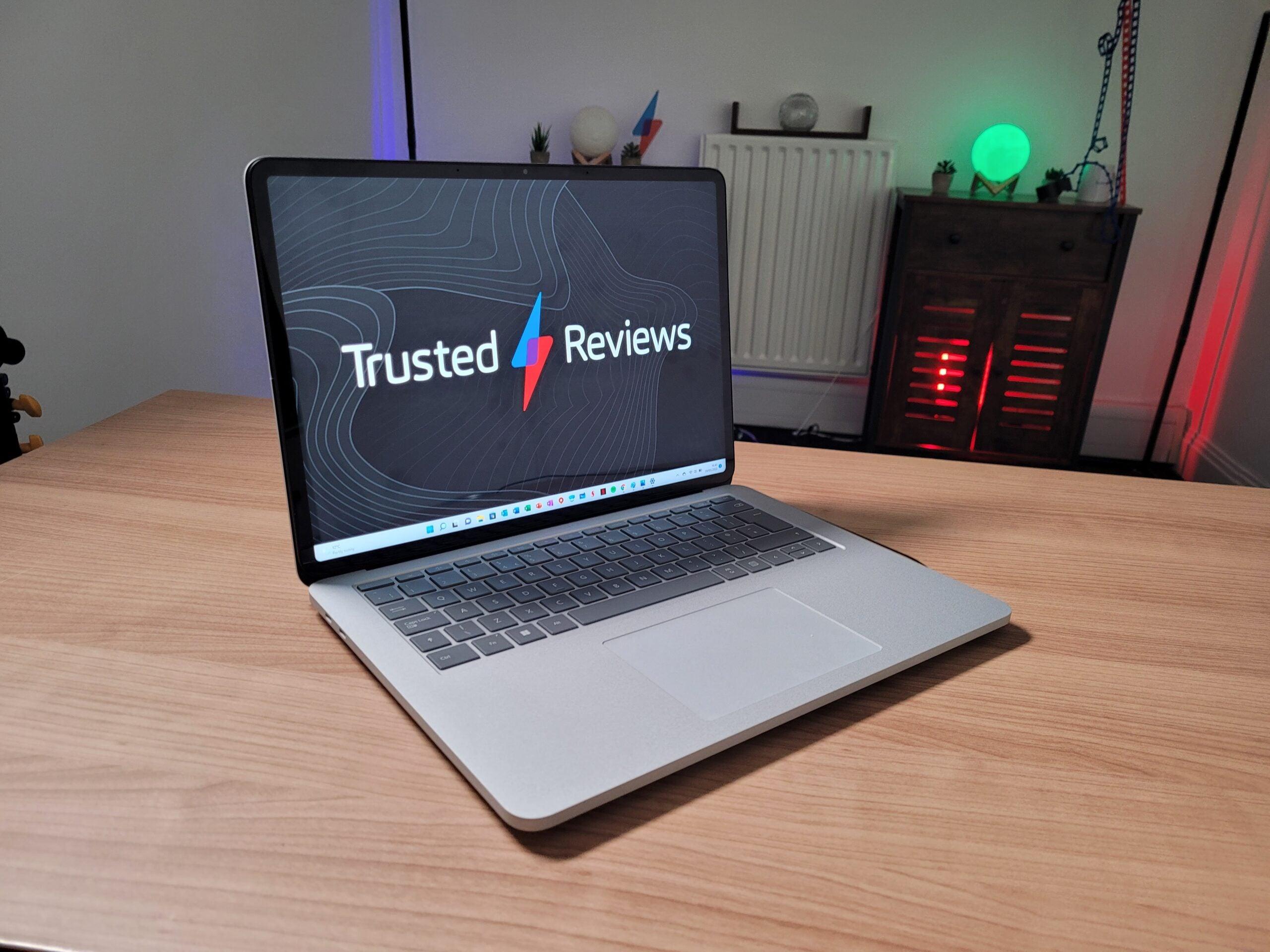Why My Laptop Is Slow?

Have you ever found yourself sitting in front of your laptop, waiting for what feels like an eternity for it to load a simple webpage or open a program? The frustration of dealing with a slow laptop is all too familiar for many of us. There are a multitude of reasons why your laptop may be running sluggishly, and in this article, we will explore some of the most common culprits behind a slow laptop. Whether it’s outdated hardware, excessive bloatware, or a lack of maintenance, we will delve into the potential reasons behind your laptop’s sluggish performance and provide some tips on how to remedy the situation. So, if you’re tired of constantly waiting for your laptop to catch up with you, read on to discover why your laptop is slow and what you can do about it.
Related: Best & Cheap Laptop Repair Service in Oman
Why is My Laptop Running Slow?
Is your trusty laptop feeling sluggish lately? It can be frustrating when your once speedy device starts running slower than a snail. But fear not, we’re here to help you uncover the reasons behind this sluggishness and provide you with some practical solutions.
Possible Causes of Slow Performance:
- Too many startup programs: When you turn on your laptop, it might be overwhelmed by the number of programs trying to start up simultaneously. This can significantly slow down your system’s performance. To combat this issue, you can disable unnecessary startup programs by accessing the Task Manager or System Configuration utility.
- Insufficient storage space: If your laptop’s hard drive is nearly full, it can hinder its performance. When the storage space is limited, the system struggles to find enough room to store temporary files and perform essential tasks. Consider deleting unnecessary files or transferring them to an external storage device to free up space.
- Outdated hardware or software: Over time, technology advances, and your laptop’s hardware and software might struggle to keep up. Older components or outdated operating systems can cause your laptop to slow down. Consider upgrading your RAM, hard drive, or even your entire device to ensure optimal performance.
- Malware or viruses: Infections from malicious software can significantly impact your laptop’s speed. Viruses, spyware, and other malware can consume system resources, leaving little for your everyday tasks. Run a thorough scan with a reliable antivirus program to detect and remove any threats.
Take Action:
If your laptop is running slow, don’t lose hope! There are several steps you can take to improve its performance:
- Perform a disk cleanup: Use the built-in Disk Cleanup tool to remove unnecessary files and free up space on your hard drive. This can help optimize your laptop’s performance.
- Upgrade your hardware: Consider adding more RAM or replacing your hard drive with a solid-state drive (SSD). These upgrades can significantly boost your laptop’s speed and responsiveness.
- Keep your software up to date: Regularly update your operating system, drivers, and applications to ensure compatibility and access to the latest performance enhancements.
- Manage your startup programs: Take control of your startup programs by disabling unnecessary ones to reduce the load on your laptop when it boots up.
- Scan for malware regularly: Use reputable antivirus software to scan your laptop for any potential threats and remove them promptly.
| Tip | Description |
|---|---|
| Clear browser cache | Regularly delete your browser’s cache to improve browsing speed. |
| Disable unnecessary animations | Turn off unnecessary visual effects and animations to reduce system resource usage. |
| Uninstall unused applications | Remove any unused programs to free up storage space and enhance performance. |
| Limit running background processes | Closely monitor and restrict resource-intensive background processes to avoid unnecessary slowdowns. |
Common Causes of Laptop Slowness
Are you wondering why your laptop is running slower than a snail on a lazy Sunday afternoon? Well, fret not! In this post, we will explore some that may be dragging your device down. So, grab a cup of coffee, sit back, and let’s dive in!
1. Too Many Programs Running in the Background
One of the most common culprits behind a sluggish laptop is having too many programs running in the background. These sneaky applications may be chewing up valuable system resources without you even realizing it. To fix this, try these steps:
- Close unnecessary programs: Take a look at your taskbar and close any unnecessary programs that are currently running.
- Disable startup programs: Some programs automatically start when you turn on your laptop, eating up precious resources. Disable any startup programs that you don’t need.
2. Insufficient Storage Space
Another common cause of laptop slowness is insufficient storage space. When your hard drive is almost full, your laptop has to work harder to find and access files, resulting in a noticeable slowdown. To free up some space, try these remedies:
- Delete unnecessary files and programs: Take a look at your files and applications and delete anything that you no longer need.
- Use cloud storage: Consider moving some of your files to cloud storage services like Google Drive or Dropbox to free up local storage space.
- Run disk cleanup: Windows users can run the built-in Disk Cleanup utility to remove temporary files and free up disk space.
| Problem | Potential Solutions |
|---|---|
| Too many programs running in the background | Close unnecessary programs Disable startup programs |
| Insufficient storage space | Delete unnecessary files and programs Use cloud storage Run disk cleanup |
Insights into Improving Laptop Performance
One common frustration many laptop users face is the slow performance of their device. It can be incredibly frustrating when your laptop takes forever to load a webpage or open a program. Fortunately, there are several insights and tips that can help improve your laptop’s performance and get it running smoothly again.
1. Clean up your hard drive: Over time, your laptop’s hard drive can become cluttered with unnecessary files and programs. This can slow down your device significantly. Take some time to go through your files and delete anything you no longer need. Additionally, uninstall any programs that you no longer use. This will free up valuable space on your hard drive and improve your laptop’s performance.
2. Upgrade your RAM: Random Access Memory (RAM) is an essential component of your laptop’s performance. If you find that your laptop is struggling to handle multiple tasks at once, upgrading your RAM can make a significant difference. With more RAM, your laptop will be able to handle more processes simultaneously, resulting in faster performance. Consider consulting with a professional to determine the best RAM upgrade for your specific laptop model.
Recommendations for Speeding Up Your Laptop
There’s nothing more frustrating than a slow laptop. Whether you’re trying to get work done or simply browse the internet, a sluggish computer can really put a damper on your productivity. But why is your laptop slow? There could be several reasons behind this frustrating issue, and in this post, we’ll explore some recommendations to help speed up your laptop and get it running smoothly again.
One of the first things you can do is clean up your hard drive. Over time, your laptop’s hard drive can become cluttered with unnecessary files and programs, which can slow down its performance. Start by deleting any files and applications that you no longer use. You can also use a disk cleanup tool to remove temporary files and free up valuable space on your hard drive. Additionally, organizing your files into folders and running regular disk defragmentation can also help optimize your laptop’s performance.
Another common reason for a slow laptop is too many startup programs. When you turn on your laptop, several programs may automatically start running in the background, which can consume valuable system resources and slow down your computer. To address this issue, you can disable unnecessary startup programs. You can do this by opening the Task Manager, selecting the Startup tab, and disabling any programs that you don’t need to start automatically. By reducing the number of startup programs, you can significantly improve your laptop’s boot time and overall performance.
| Recommended Action | Effectiveness |
|---|---|
| Clean up hard drive | ★★★★★ |
| Disable startup programs | ★★★★☆ |
| Upgrade your RAM | ★★★☆☆ |
| Run a malware scan | ★★★★☆ |
| Update your operating system | ★★★★★ |



